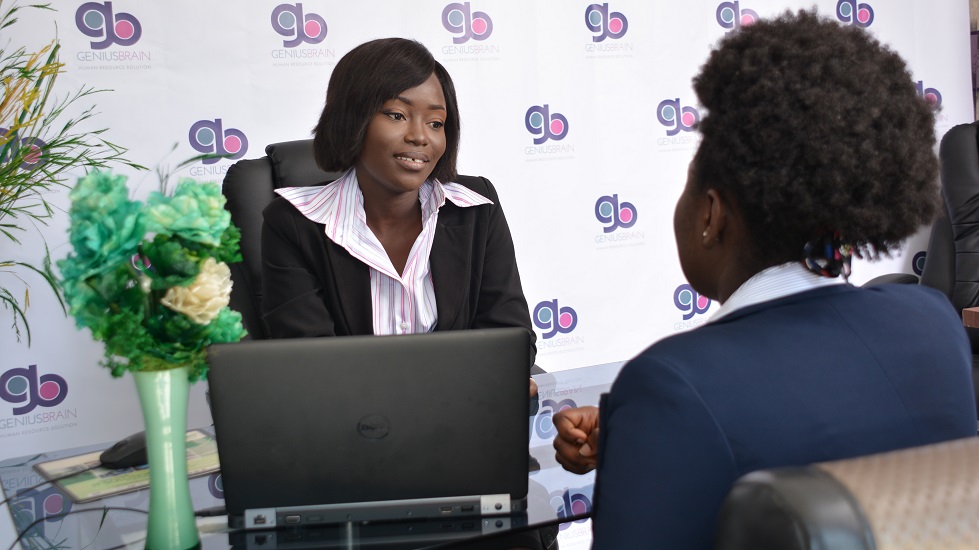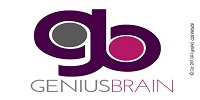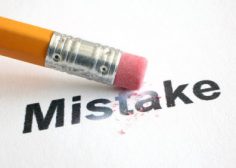Interviews

1.0 INTERVIEWS
- Before the job interview
- At the interview
- Typical interview questions to expect
Count yourself lucky should your application be selected to the next stage of the recruitment process. The interview is very critical in demonstrating your fit for the role. It affords you the opportunity to discuss in greater detail how your skills and experience fits in the requirement and what you bring on board. It also allows the recruiter evaluate your gestures and mannerism.
1.1 SOME TIPS TO CONSIDER IN PREPARATION
1.1.1 BEFORE THE JOB INTERVIEW
1.1.2 Do a thorough check
You must show interest in the organization by going on their website to read about what they do, how mission/vision fits in your own desires, their successes and performance on the market and their competitors. This will give you some tips in tailoring and reviewing your CV . Once you have a fair understanding of what the organization does, think about how what contributions and difference and you can make with your skills.
1.1.3 Plan your trip to the interview venue
The invitation to interview will normally state the location; make an effort to locate this before the interview date. Missing your way to the venue could make you panic, it is therefore important to get this right. Keep contact numbers of the recruiter or the organization so that should the unexpected happen you notify them promptly. Getting to the interview location early helps you relax and be better prepared.
2.1 AT THE INTERVIEW
2.1.1 Be yourself and professional
Feeling nervous about an interview is an experience many people have had but it should not degenerate into panic, if things do not go according to your plan. Take time to answer every question and if you feel nervous feel free to take a sip of water or ask for a little time to reflect. Not so long though….. Give an accurate picture of yourself at the interview, do not exaggerate. Just be yourself and reveal your personality; it will make you more comfortable in answering questions because you are not exaggerating. Do you fiddle with a pen, bite your nails or play with items around you, the panel will be watching your body language
2.1.2 First impressions last
Your outlook is very important; look your professional best but don’t over-dress. Don’t wear uncomfortable clothes and shoes as the interview period is already stressful. ‘Smell good’ but don’t use a perfume that irritates the nose or which changes your body odour should you sweat. Should the interviewer extend a handshake to you, return the handshake firmly and look into his or her eyes. Adding a smile will not be a bad idea…..
2.1.3 Pay attention
It is important to avoid answering a question with an inappropriate answer. It is better to let the interviewer know you have no clue or seek for clarification to give the best answer. Think properly before giving an answer to a question. Do not use the same example throughout the interview period. Do well to provide different scenarios and experiences to express your answer. This will help to give your experience more context and depth.
2.1.4 Prepare your own standard questions
Get to the interview with ‘pre-prepared’ questions about the organization, its a good strategy. Look for answers related to the organisations strategy, it’s operational goals, the team and their long term goals. This will show to the recruiter that you are actually prepared for the interview and interested in the organization.
2.1.5 Leave a positive impression
Show unison, smile, nod and seek clarifications if necessary. Show to the interviewer that you are interested in the job. Do not put up a ‘laissez-faire’ attitude; if you do not feel interested in the job by the time the interview ends, still leave on a positive note. Thank the interviewer for the opportunity, you never know where you will meet again.
2.1.6 Expected questions
There are standard questions a recruiter may ask although s/he will ask different others depending on the job. You just need to be prepared to answer these questions adequately. Let the job description, the advert and the organizations information guide you. Match these against your skills and think through how to demonstrate your capabilities to the interviewer.
3.0 SOME QUESTIONS WORTH CONSIDERING ARE:
A. Why are you interested in this job?
Explain what motivated you to apply for the position, should you appear clueless, the chances that the recruiter will consider you is very ‘little’. Give convincing explanation to show why you are suitable for the position. Show enthusiasm for the role and the good match between the skills you possess and the job requirements.
B. What do you know about our organisation?
Show you have researched about the organization, what it stands for, achievements it has made over the years and if there are branches where these are located. If you know who their competitors are and their marketing strategy put this up. You need to make a difference by showing you know a lot about the organization.
C. Tell me how you manage pressure.
This question seeks to elicit feedback on any piece of challenging work you have undertaken and how you dealt with the pressure associated with it. What were the challenges, how did you deal with that, did you find a solution or you abandoned it? How resilient are you under stressful moments?
D. Recount a conflict you had to resolve in a team
This question seeks to know if you can deal with challenging issues within a team particularly misunderstanding. Be brief in giving the background and what role you played in this matter and what the outcome was.
E. Tell me about yourself
This allows you to sell yourself. Don’t presume your CV says it all, you are being given the opportunity to market yourself verbally. Do a proper rehearsal of this question and match it against your skills and abilities not your age and where you come from. Don’t be tempted to give a short response. Let the job description guide all your answers
F. What are your weaknesses?
The interviewer knows that you have a weakness and an area requiring improvement, don’t try to exaggerate. Make sure the weakness you recount to the interviewer is relevant in a professional context. Note that the interviewer is also not perfect, each person is making an effort to be his or her best. However, put forward the efforts you are making to overcome your weakness and how you are working on it
G. Where do you see yourself in five years?
This is a very common question. It seeks to elicit information on whether or not your personal long-term plans fits that of the organization, whether you will stay for another 5years to help grow the organization or you will be gone in the shortest time should you be considered. It also seeks to draw conclusions on whether or not you plan your life and can translate the same skill to your job.



